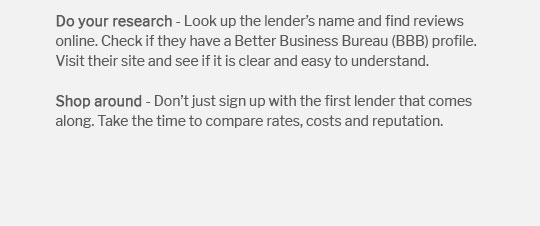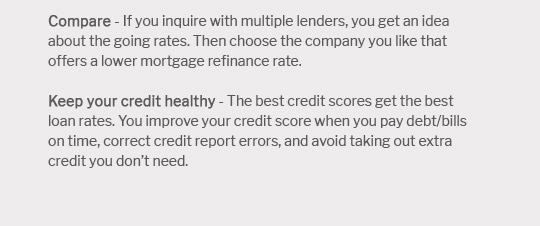 |
|||
 |
 |
 |
 |
|
|---|---|---|
 |
 |
|
 |
 |
|
 |
 |
 |
 |
Understanding the Best 10-Year Fixed Rate Mortgage: Key ConsiderationsSecuring a mortgage is one of the most significant financial commitments one can make, and choosing the right type is crucial for long-term financial stability. In recent years, the 10-year fixed rate mortgage has emerged as a popular choice among discerning homeowners. This article delves into the nuances of the 10-year fixed rate mortgage, highlighting its benefits and what potential borrowers should consider before making their decision. First and foremost, a 10-year fixed rate mortgage offers the advantage of stability. With interest rates locked in for a decade, homeowners are shielded from the volatility of market fluctuations, ensuring predictable monthly payments. This stability can be particularly appealing in uncertain economic climates where interest rates are prone to rise unexpectedly. A fixed rate provides peace of mind, allowing homeowners to budget with confidence and avoid the financial strain that can accompany variable-rate loans. Another compelling benefit is the accelerated payoff timeline. Compared to the more common 30-year mortgage, a 10-year loan allows borrowers to own their homes outright in a third of the time. This rapid payoff not only reduces the overall interest paid over the life of the loan but also facilitates faster equity building, which can be a significant financial advantage, especially for those looking to leverage their home’s equity for future investments or needs. However, it's essential to weigh these advantages against some potential drawbacks. A 10-year fixed rate mortgage typically comes with higher monthly payments compared to longer-term options. This increase in monthly obligation can strain a household’s budget, especially for those with fluctuating incomes or other significant financial commitments. Therefore, it is crucial to assess one’s financial situation thoroughly before opting for this type of mortgage.
In conclusion, while a 10-year fixed rate mortgage can offer substantial benefits, it is not universally suitable. Potential borrowers should carefully consider their financial situation, future goals, and the specific terms offered by lenders. By doing so, they can make an informed decision that aligns with their broader financial strategy, ensuring both short-term affordability and long-term financial health. https://www.moneysupermarket.com/mortgages/ten-year-fixed-rate/
A 10-year fixed-rate mortgage is a long-term loan where your interest rate and monthly repayments remain the same for ten years. https://www.hvcu.org/personal/borrow/mortgages/mortgage-rates/
15-Year Fixed Rate - 5.750%, 0.875 ; 30-Year Fixed Jumbo - 6.375%, 0.500 ; 15-Year Fixed Jumbo - 5.250%, 0.750 ; 10/6 ARM - 6.125%, 0.000 ... https://www.wellsfargo.com/mortgage/rates/
Mortgage interest rates today ; 15-Year Fixed Rate - 5.625% - 5.871% ; 30-Year Fixed-Rate VA - 5.875% - 6.106% ; 30-Year Fixed Rate - 6.625% - 6.780% ; 10/6-Month ARM.
|
|---|